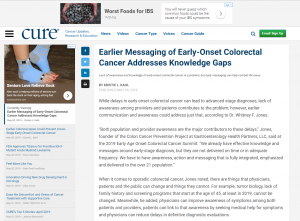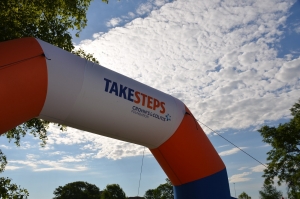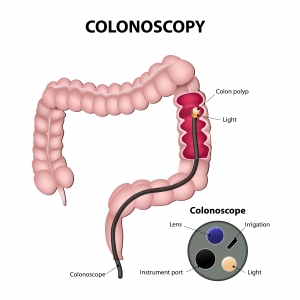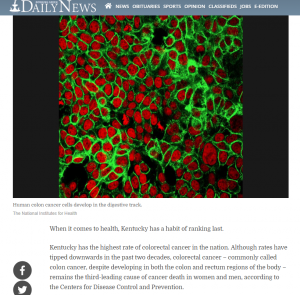Dr. Whitney Jones is a national expert and frequent speaker on early-age onset colorectal cancer prevention, genetic GI cancer syndrome testing and risk management, and communication strategies for population-based cancer prevention.
On this episode of KET’s Kentucky Health, Dr. Jones explains how we can decrease incidents and mortality rates of colorectal cancer.
Colorectal cancer is the second cause of death due to cancer in the United States. Prior to 2004, Kentucky had one of the highest death rates from colon cancer. One major factor was a lack of screenings. However, now the mortality rate has decreased by more than 20% and we have gone from being 49th in the U.S. for people being screened for colon cancer to a current ranking of 20th.
This is due in large part to the development in 2003 of the Colon Cancer Prevention Project by Dr. Whitney Jones; an organization dedicated to spreading the message of colon cancer.
While the rates are decreasing for those over the age of 55, for reasons unknown, rates of colorectal cancer, specifically rectal cancer, have increased in those under the age of 55. Genetics and lifestyle habits could be prominent factors in this increase. Early screening is an important preventive tool as these rates are projected to continue to rise.
Causes of Colorectal Cancer
- Obesity
- Tobacco use
- Diets high in red processed meat and low in fresh fruits or veggies
- Lack of exercise
- A family history
- Excessive or ongoing alcohol use
Symptoms of Colorectal Cancer
- Rectal bleeding
- Change in bowel habits
- Weight loss
- Unexplained abdominal pain
However, the most common symptom of colon cancer is no symptom at all. It is known as the silent killer and early onset colon cancer has an average 6 month delay from the time a person has symptoms until they see a doctor.
Screenings
Those with a family history should start screening a decade before their family history indicates, even as early as one’s twenties. 20% of those with a family history of colorectal cancer are at more of a risk themselves.
If no warning signs or family history exist, screenings should being at the age of 45.
All colonoscopy screenings are covered in the state of Kentucky due to the Affordable Care Act. For those who don’t want a colonoscopy, there are other options available. However, colonoscopies are still the gold standard of screenings as they remove polyps and the removal of polyps help prevent cancer from developing.
Knowing Your Family History
Genetic medical grade testing is an important proactive tool in diagnosing colorectal cancer. It is now more affordable and accessible than ever before.
Lynch syndrome for example is the most common genetic trait for colorectal cancer. Polyps in the colon develop into cancer faster for persons with Lynch syndrome than those with other genetic predispositions. Those who have it are also at an increased risk of ovarian cancer, endometrial cancer, and pancreatic cancer, among several others.
Other Preventative Measures
- Increase the amount of veggies in your diet.
- Aspirin has been known to reduce the formation of polyps, but has it’s side effects.
- If you have had polyps in the past, keep up with your follow up surveillance.
Watch the full episode of Dr. Whitney Jones on Kentucky Health here:
Dr. Whitney Jones is a practicing Gastroenterologist, former therapeutic endoscopist and Clinical Professor at the University of Louisville from 1994 until 2017. He joined GHP in 2017 cofounding its new east Louisville division, Gastroenterology & Endoscopy Associates, PLLC, alongside Drs. Ashok Kapur and Laszlo Makk.
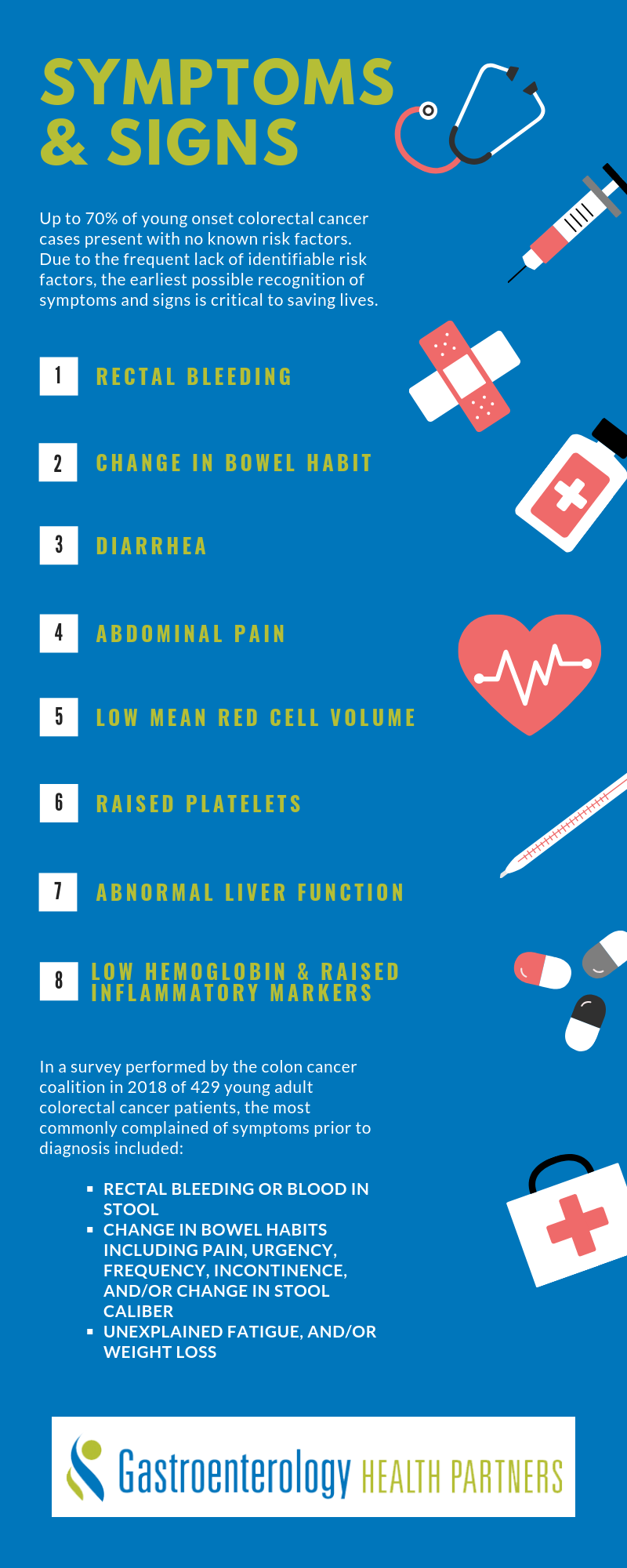


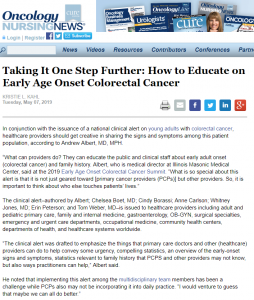
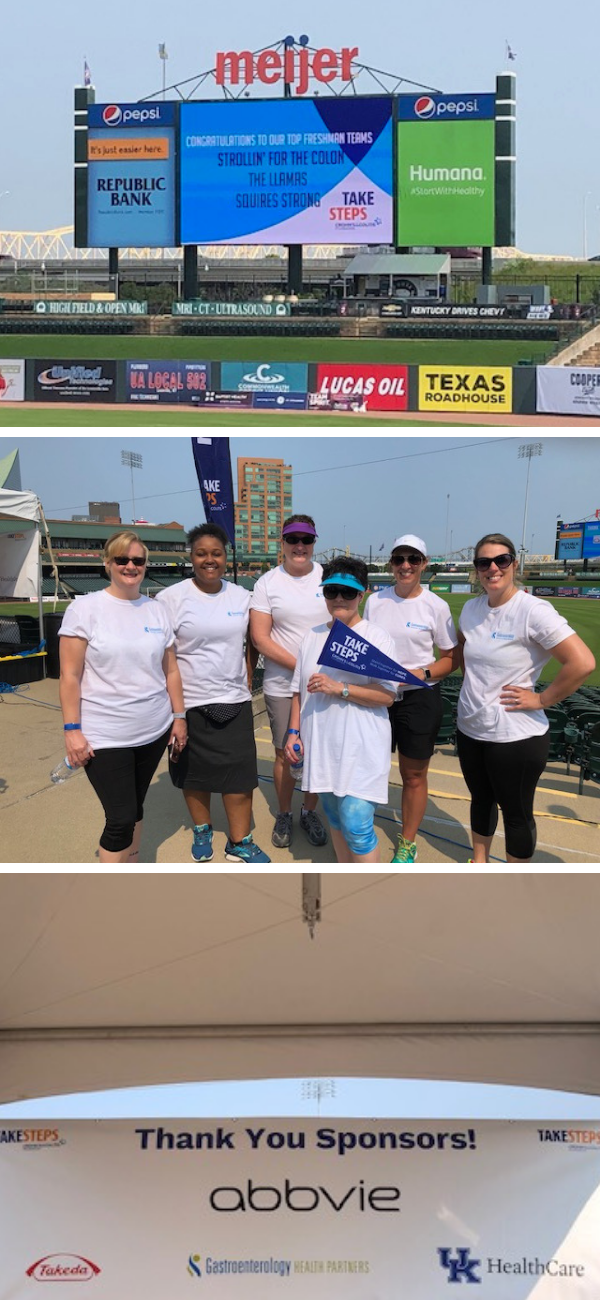 Gastroenterology Health Partners’ first Louisville “Crohn’s and Colitis Take Steps” walk on Saturday, June 1st, 2019 was a great success and a lot of fun, as well!
Gastroenterology Health Partners’ first Louisville “Crohn’s and Colitis Take Steps” walk on Saturday, June 1st, 2019 was a great success and a lot of fun, as well!